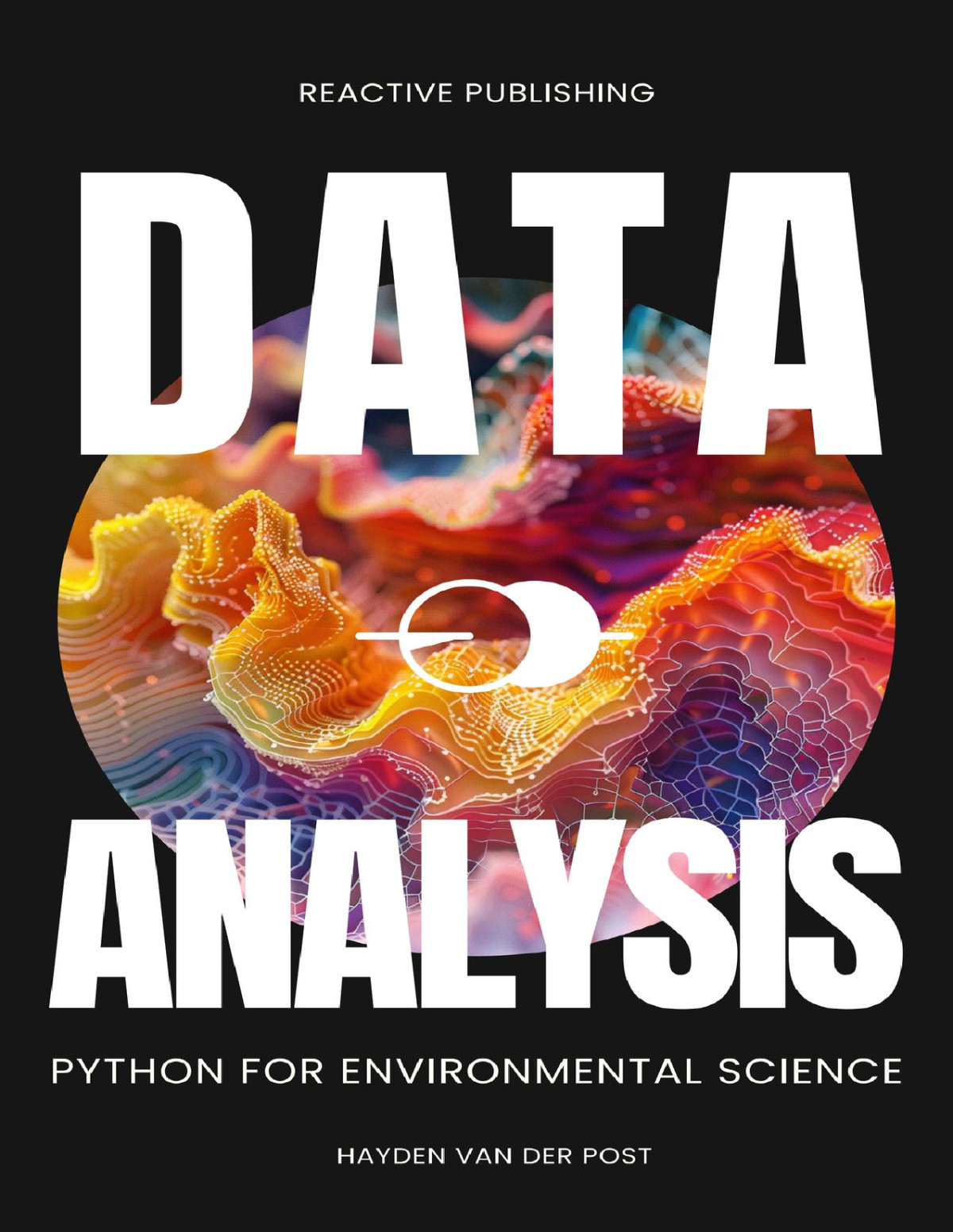

Most ebook files are in PDF format, so you can easily read them using various software such as Foxit Reader or directly on the Google Chrome browser.
Some ebook files are released by publishers in other formats such as .awz, .mobi, .epub, .fb2, etc. You may need to install specific software to read these formats on mobile/PC, such as Calibre.
Please read the tutorial at this link: https://ebookbell.com/faq
We offer FREE conversion to the popular formats you request; however, this may take some time. Therefore, right after payment, please email us, and we will try to provide the service as quickly as possible.
For some exceptional file formats or broken links (if any), please refrain from opening any disputes. Instead, email us first, and we will try to assist within a maximum of 6 hours.
EbookBell Team

4.8
104 reviewsPREFACE
In an era where the health of our planet is more critical than ever, the importance of understanding and addressing environmental challenges cannot be overstated. As we navigate through the complexities of climate change, pollution, biodiversity loss, and sustainable development, the role of data analysis becomes pivotal. This book, "Data Analysis for Environmental Science with Python," aims to empower environmental scientists, researchers, and enthusiasts with the skills and tools necessary to harness the power of data in their work.
The motivation behind writing this book stems from a desire to bridge the gap between environmental science and data science. Traditionally, these fields have operated somewhat independently, yet the integration of data analysis techniques into environmental science has the potential to revolutionize our understanding and management of natural resources. Providing a comprehensive guide to using Python for environmental data analysis, we hope to make these powerful tools accessible to a broader audience.